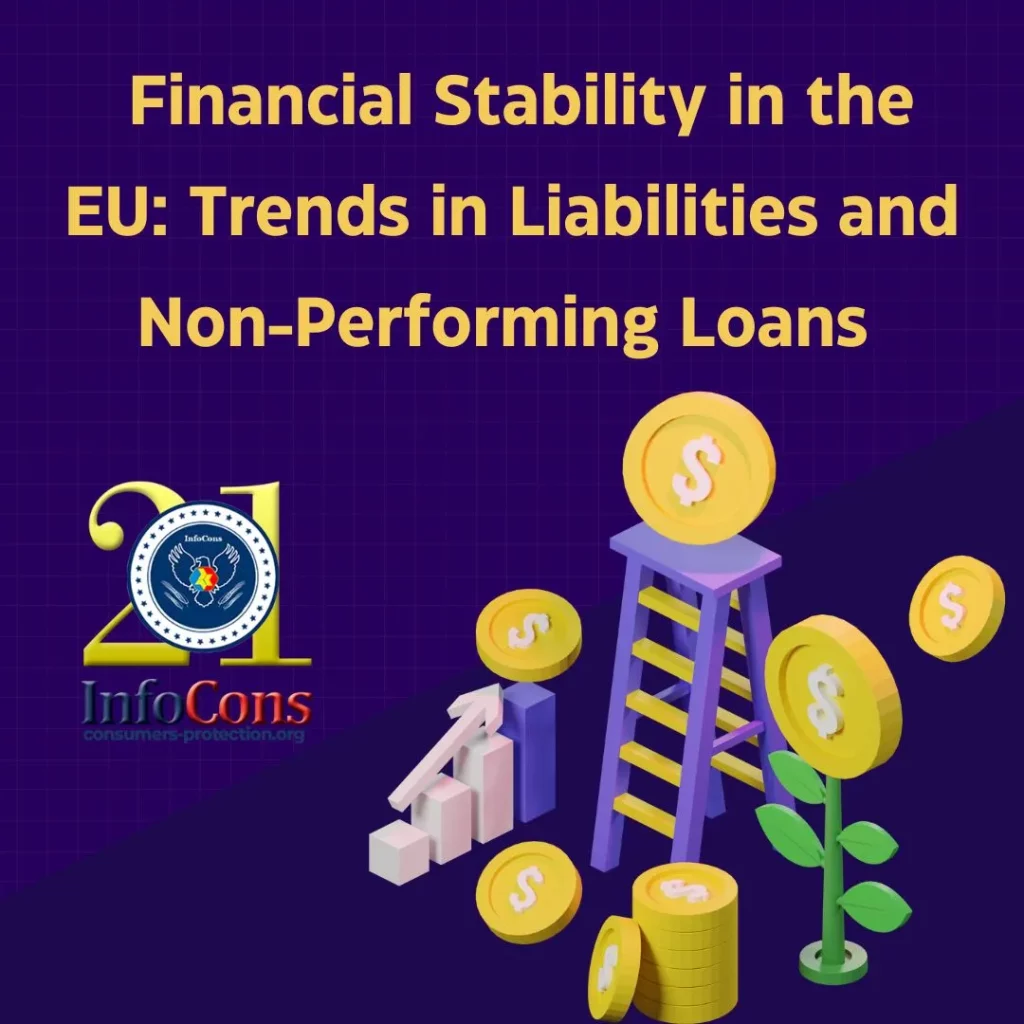
Financial stability in the European Union is influenced by various factors, including contingent liabilities, public corporations’ liabilities, non-performing loans, and off-balance public-private partnerships (PPPs). In 2023, significant shifts occurred in these financial metrics across EU member states. This article examines the latest data, highlighting key trends and country-specific variations.
Government Guarantees: A Decline After Pandemic and Energy Crisis Peaks
The most common form of contingent liabilities in the EU comes from government guarantees on liabilities—and sometimes assets—of third parties. During 2020 and 2021, these guarantees increased sharply as governments responded to the COVID-19 pandemic. In 2022, further increases were recorded due to the energy crisis triggered by Russia’s war of aggression against Ukraine. However, in 2023, a downward trend emerged, with most EU countries reducing their levels of government guarantees.
Among EU nations, the Netherlands recorded the highest rate of government guarantees (30.4% of GDP), followed by Finland (17.9%), Italy (15.3%), Germany (14.6%), and France (13.5%). On the other end of the spectrum, Ireland, Bulgaria, Czechia, and Slovakia had the lowest levels, with guarantees at 1% of GDP or less.
Read also : New Guidelines for Water Use in Food Processing to Prevent Contamination
Public Corporations’ Liabilities: Germany Leads the EU
The liabilities of public corporations—excluding those classified under general government—varied widely across EU countries in 2023.
- Germany reported the highest public corporation liabilities at 86.5% of GDP, followed by the Netherlands (79.5%) and Greece (71.7%).
- The lowest levels were observed in Slovakia (3.7%), Spain (4.1%), and Cyprus (8.4%).
This disparity underscores the differing roles of public sector enterprises in national economies and the extent to which they rely on borrowing.
Non-Performing Loans: Cyprus Still Facing Challenges
Non-performing loans (NPLs), which represent assets that are unlikely to be repaid, remain a challenge in some EU economies. In 2023, Cyprus had the highest stock of NPLs within the general government sector at 11.8% of GDP. This was significantly higher than the next two countries on the list: Croatia (0.9%) and Spain (0.5%).
For the rest of the EU, non-performing loans were reported to be either very low or nearly zero, reflecting improved financial stability in most member states.
Read also : California’s New Law Allows Consumers to Check for Dangerous Heavy Metals in Baby Food
Public-Private Partnerships (PPPs): Portugal Holds the Highest Share
Off-balance public-private partnerships (PPPs) involve long-term infrastructure projects where assets remain outside government accounts. In 2023, such liabilities remained below 2% of GDP across all EU countries, with 9 nations reporting no such liabilities at all.
Among the countries that did report PPP liabilities:
- Portugal had the highest share (1.4% of GDP)
- Slovakia followed with 1.1%
- Latvia recorded 0.7%
These liabilities are primarily linked to motorway construction projects, highlighting the role of private sector investment in infrastructure development.
Key Financial Trends in the EU for 2023
In 2023, EU nations witnessed a decline in government guarantees, signaling a move toward financial normalization post-pandemic and post-energy crisis. However, public corporations’ liabilities remained significant in some economies, particularly in Germany and the Netherlands. While most EU countries had low levels of non-performing loans, Cyprus remained an outlier. Additionally, off-balance PPP liabilities were relatively limited, with Portugal leading in this category.
Monitoring these financial indicators is crucial for assessing economic stability and potential risks within the EU. As fiscal policies evolve, understanding these trends can help policymakers and financial analysts navigate future challenges.
Read also : How EU Farms Are Reducing Manure-Related Environmental Risks
Source : Eurostat
InfoCons – European Organization for Consumer Protection and Promotion of Programs and Strategies , a full member of the World Organization Consumers International, founding member of the Federation of Consumer Associations, and member of ANEC .